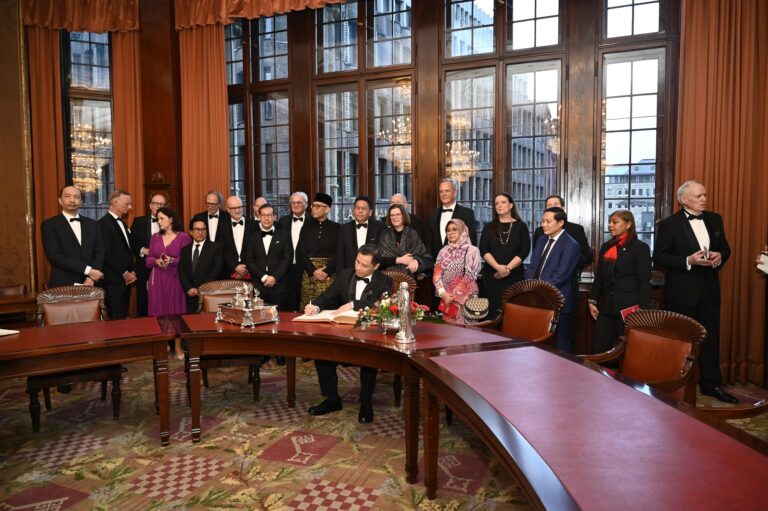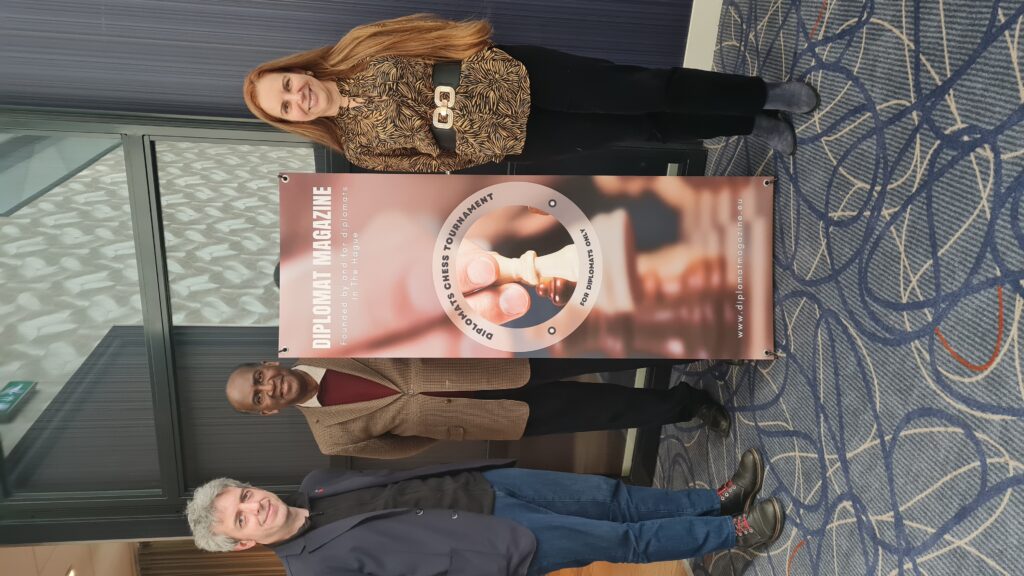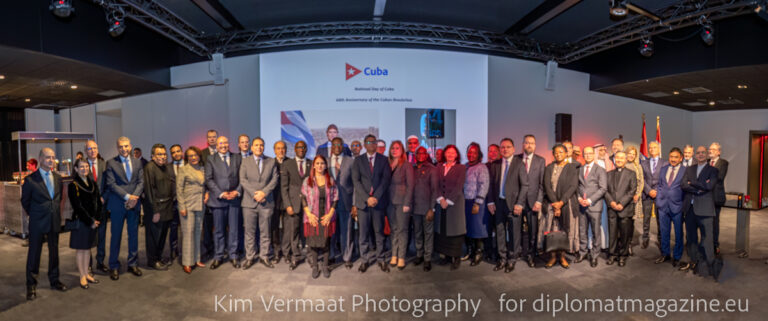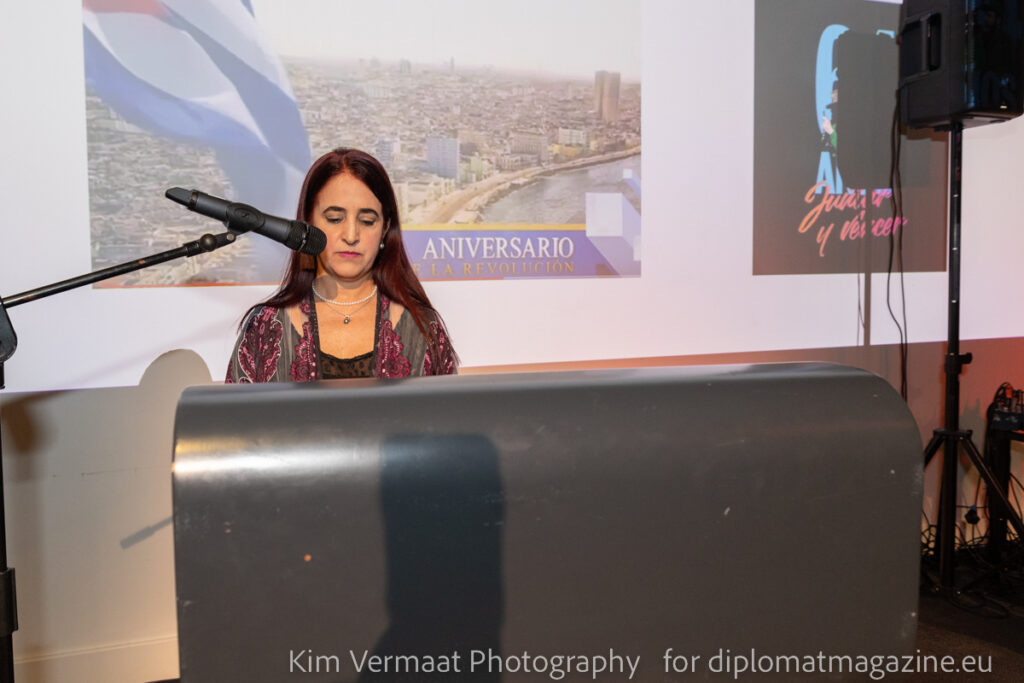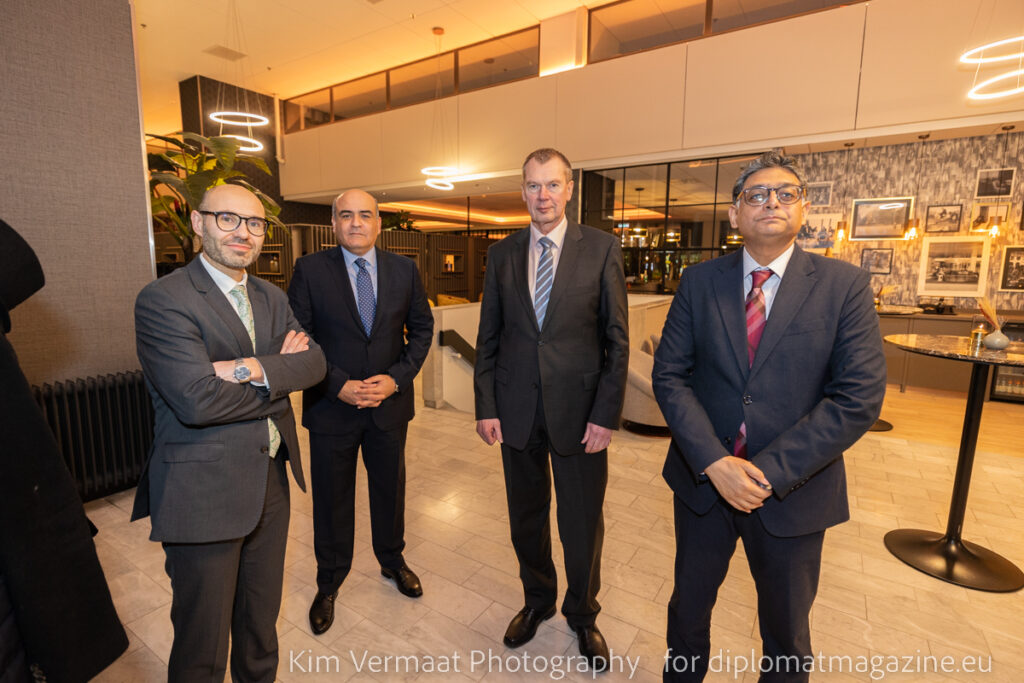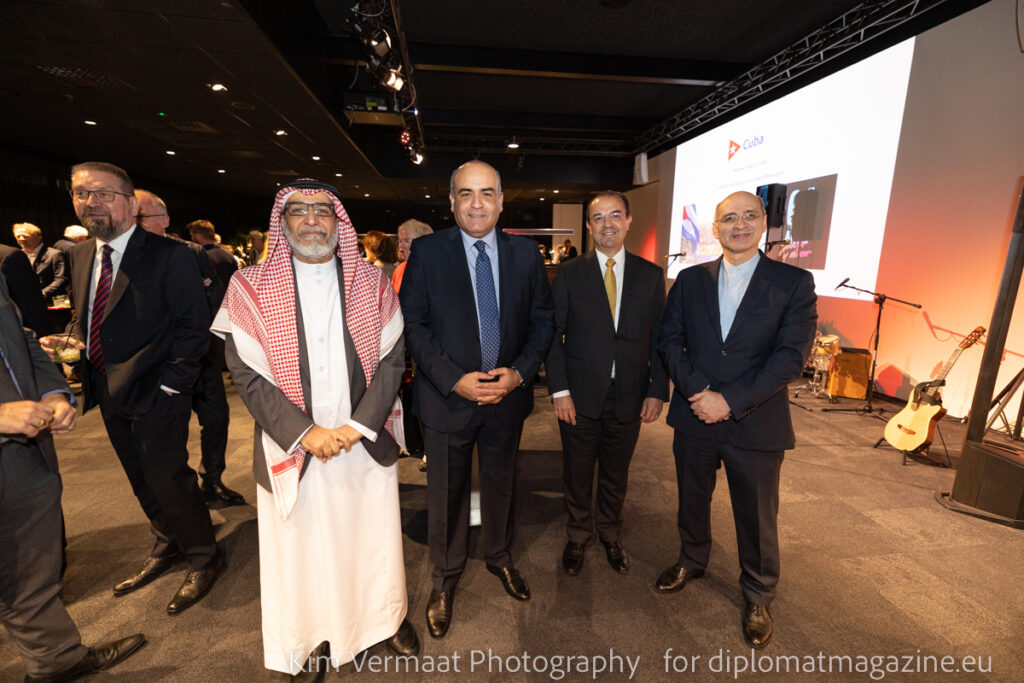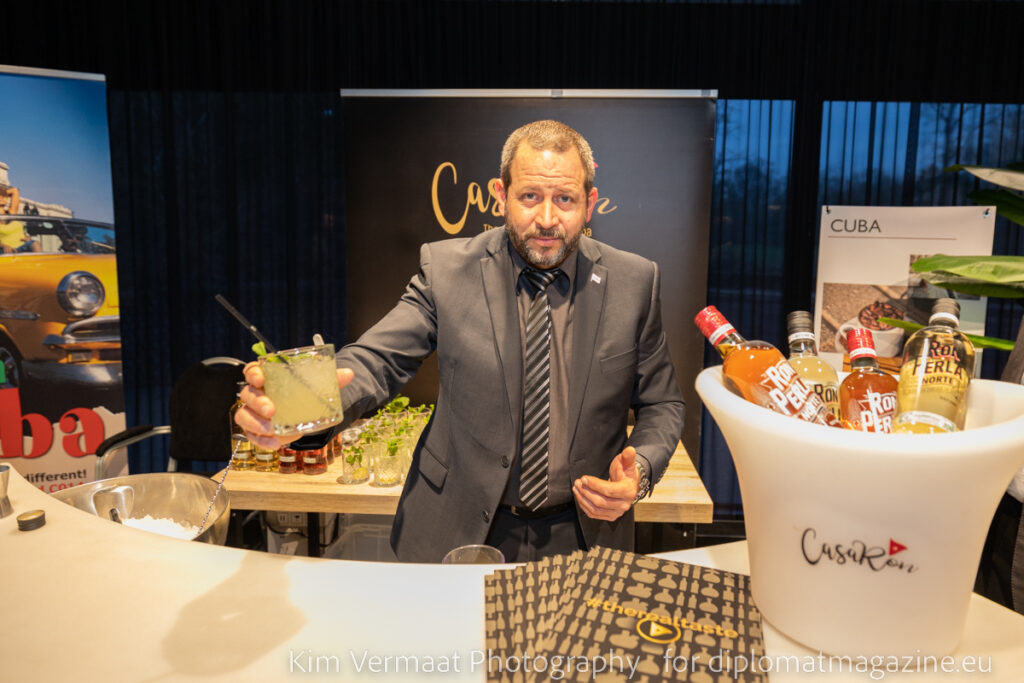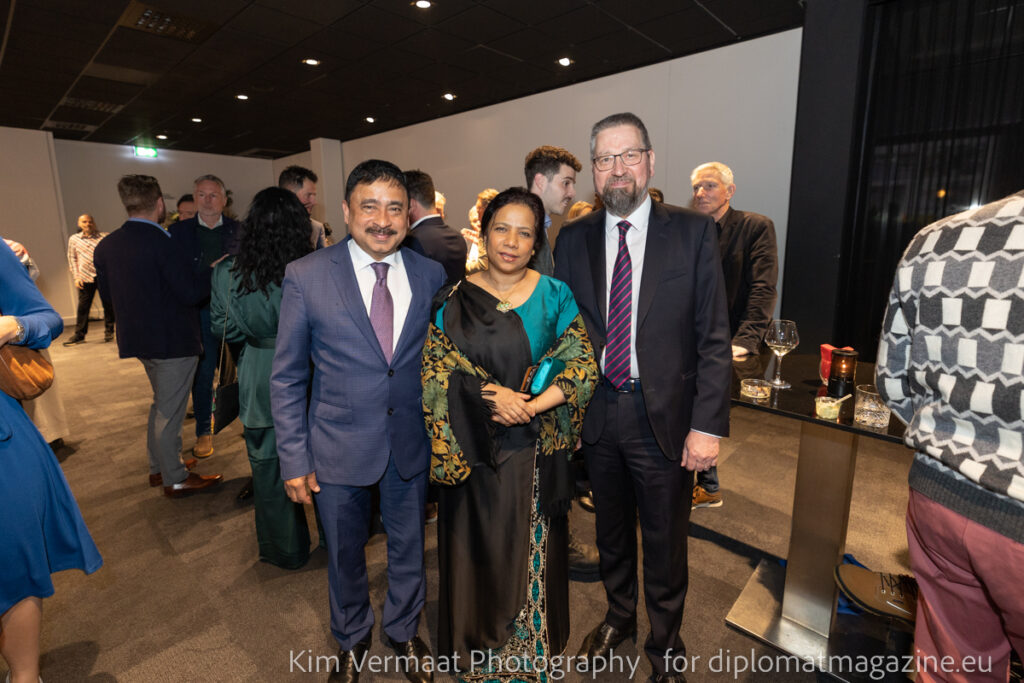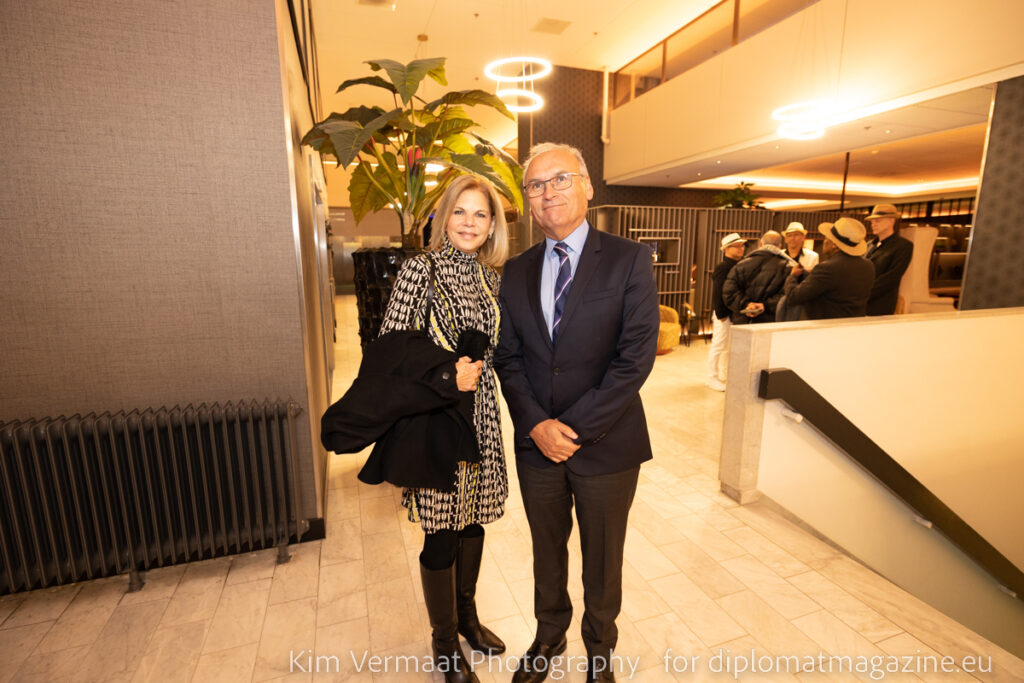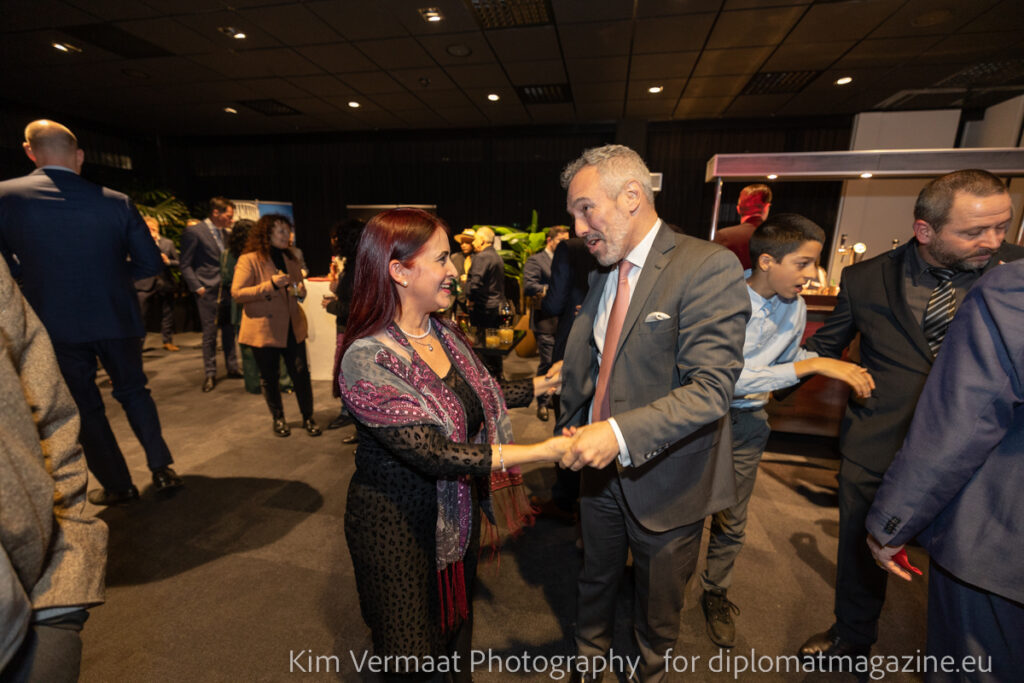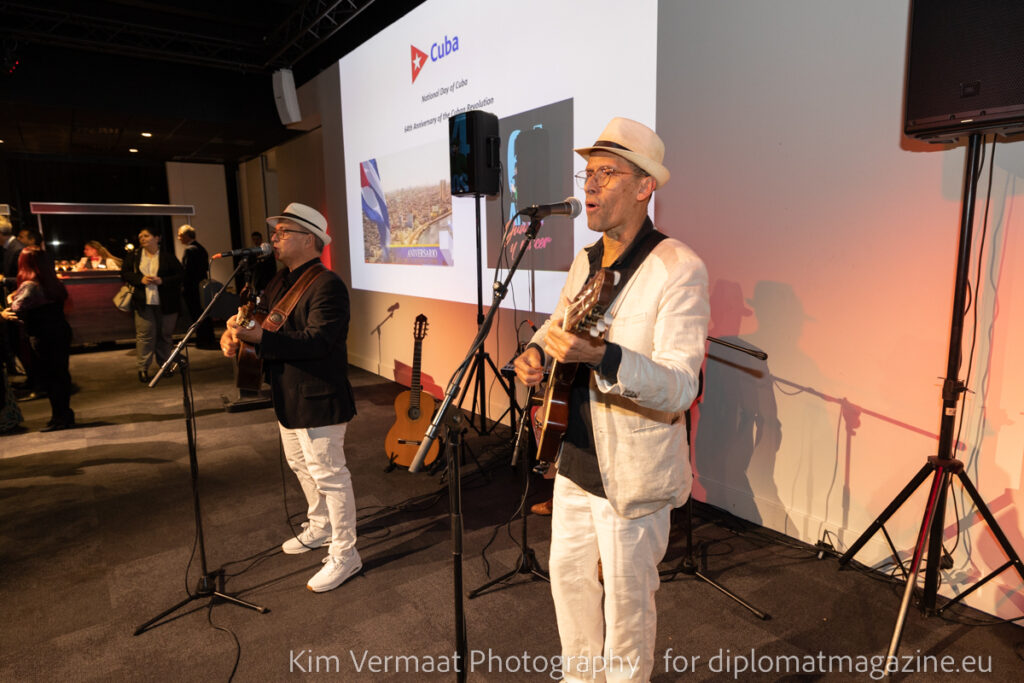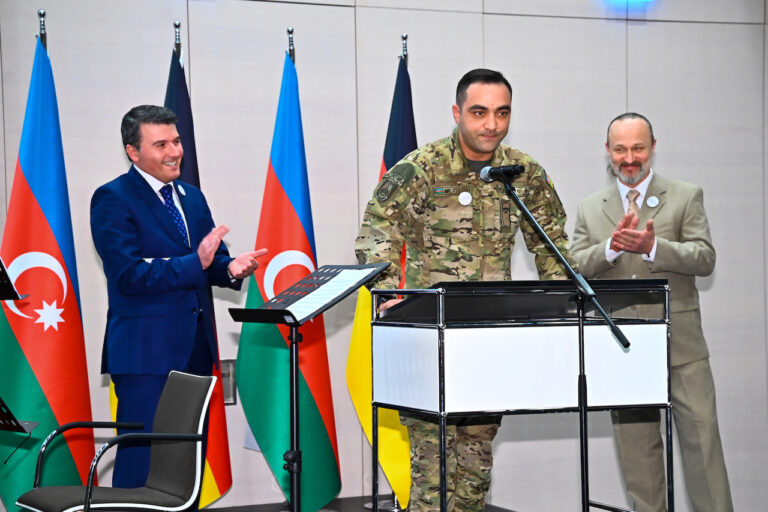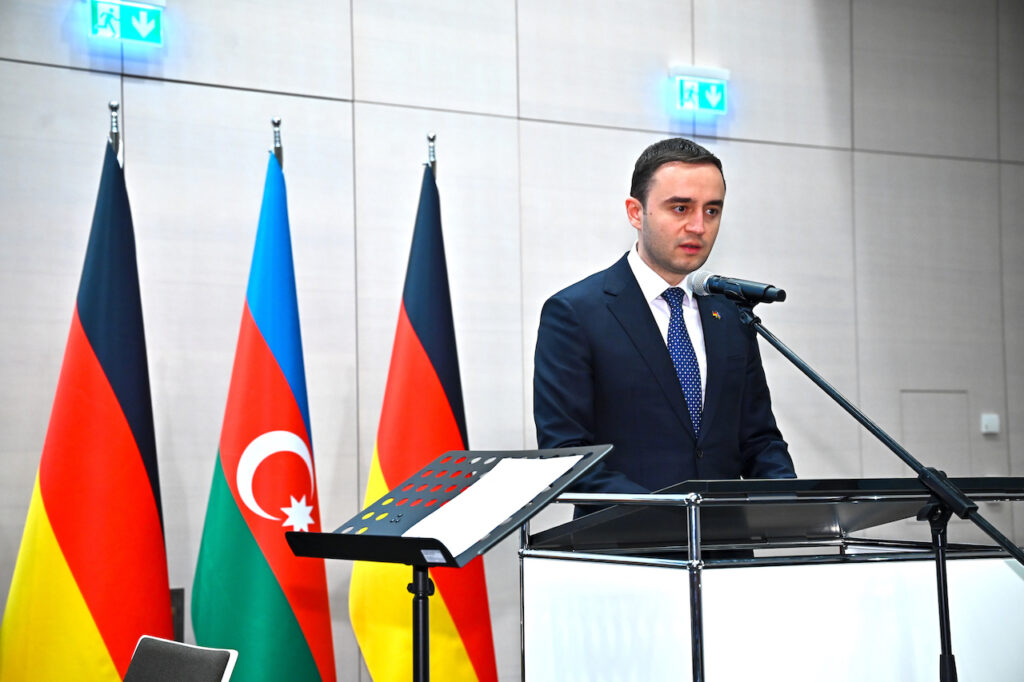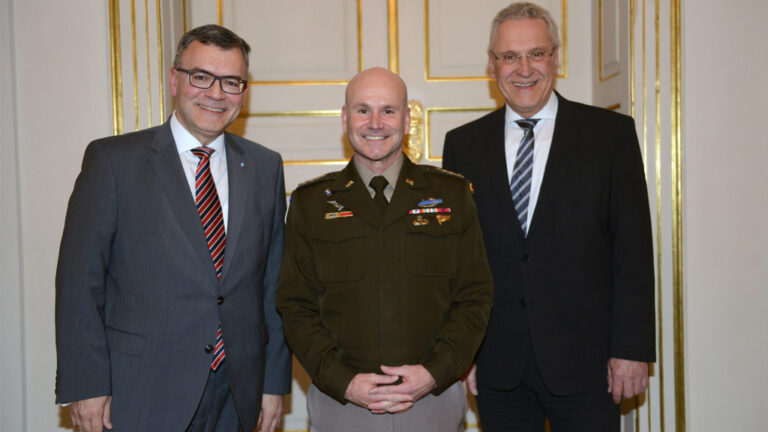MoU formalises and facilitates coordination between the JIT member countries and the US in their respective investigations and prosecutions
The Hague, 4 March 2023
The seven national authorities participating in the Eurojust supported joint investigation team (JIT) on alleged core international crimes committed in Ukraine have signed a Memorandum of Understanding (MoU) with the United States Department of Justice. This MoU will enhance the coordination between the JIT partner countries and the US authorities in their respective investigations in connection with the war in Ukraine.
The MoU was signed on Friday 3 March by high-level representatives of the prosecution services of the seven JIT partner countries and United States Attorney General Merrick B. Garland.
Commenting on the signing of the Memorandum, Eurojust President Mr Ladislav Hamran said: ‘This Memorandum of Understanding clearly demonstrates that the wish to make justice prevail transcends national and continental borders. While we are united in our ambitions, we also need to be coordinated in our efforts – and that is precisely what this Memorandum will help us achieve. The JIT partner countries and the US can count on Eurojust’s continued support to reap the full benefits of their cooperation.’
‘I am pleased that the United States will be the first country to sign a Memorandum of Understanding with all seven JIT members’, said Attorney General Merrick B. Garland. ‘This historic Memorandum of Understanding will formalize and facilitate coordination between the United States and JIT member countries on our investigations and prosecutions of atrocity crimes stemming from Russia’s invasion of Ukraine. It is also a signal to the world that the perpetrators of this invasion will not undermine our shared values of a free and democratic society.’
The main purpose of the MoU with the United States is to facilitate closer coordination between the investigations and prosecutions carried out by all national authorities concerned. The MoU enables practical arrangements for cooperation, information exchange and the participation of the United States’ authorities in coordination meetings organised with Eurojust’s support.
Within one month after the start of the war in Ukraine, Eurojust actively supported the setting up of the JIT by the Lithuanian, Polish and Ukrainian authorities on 25 March 2022. The Office of the Prosecutor at the International Criminal Court became a participant in the JIT on 25 April 2022. Estonia, Latvia and Slovakia joined the JIT on 30 May 2022, with Romania becoming a member on 13 October 2022.
The JIT amplifies the message that all national authorities will take every possible measure to secure evidence on alleged core international crimes committed in Ukraine and bring those responsible to justice.
United States War Crimes Accountability Team
On 21 June 2022 Attorney General Garland announced the launch of a War Crimes Accountability Team to strengthen the Justice Department’s ongoing work to hold accountable those who have committed war crimes and other crimes in Ukraine. This team brings together, among others, the department’s leading experts in investigations involving war crimes and human rights abuses.
The team provides wide-ranging technical assistance, including operational assistance and advice regarding criminal prosecutions, evidence collection, forensics and relevant legal analysis. A central component of the team’s mission is to further ongoing investigations of potential war crimes over which the United States possesses jurisdiction, such as the killing and wounding of American journalists covering the war in Ukraine.
The cooperation and coordination with the United States authorities will be facilitated by the United States Liaison Prosecutor* at Eurojust.
Core International Crimes Evidence Database
To support the JIT and other investigations into core international crimes, Eurojust has set up a Core International Crimes Database (CICED). For more information, please consult this factsheet.
For more information on all the actions taken by Eurojust since the outbreak of the war in Ukraine, please consult our dedicated webpage.
* The following ten countries have Liaison Prosecutors at Eurojust: Albania, Georgia, Montenegro, North-Macedonia, Norway, Serbia, Switzerland, United Kingdom, Ukraine, and the United States.
Photo copyright: Prosecutor General’s Office, Ukraine


